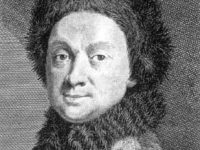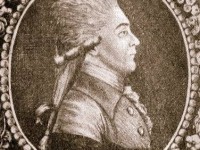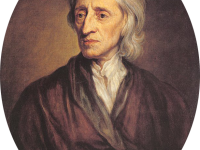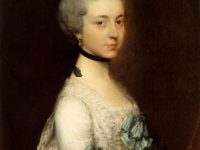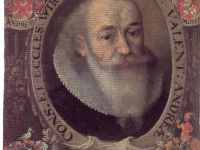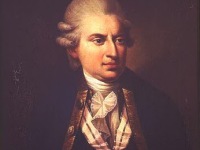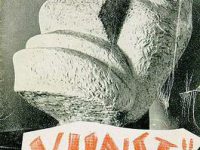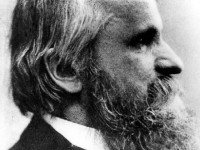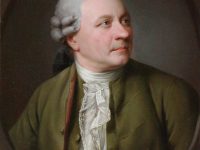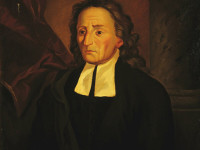Pierre Louis Maupertuis – The Man who flattened the Earth
On September 28, 1698, French mathematician, philosopher and man of letters Pierre Louis Maupertuis was born. Maupertuis made an expedition to Lapland to determine the shape of the Earth. He is also credited with having invented the principle of least action, an integral equation that determines the path followed by a physical system. “Nature always uses the simplest means to accomplish its effects.” – Formulation of the principle of least action, as…
Read more

